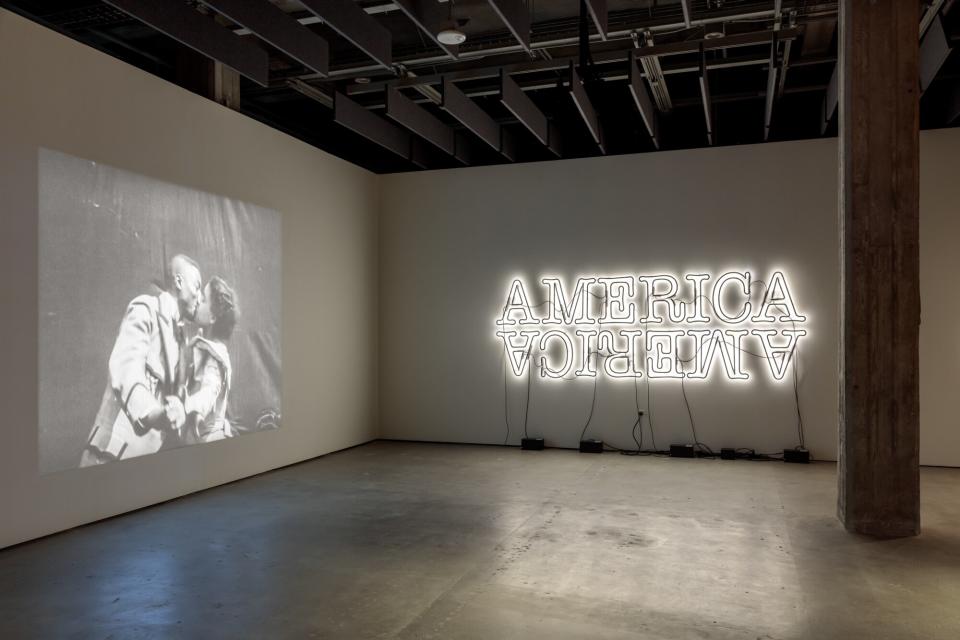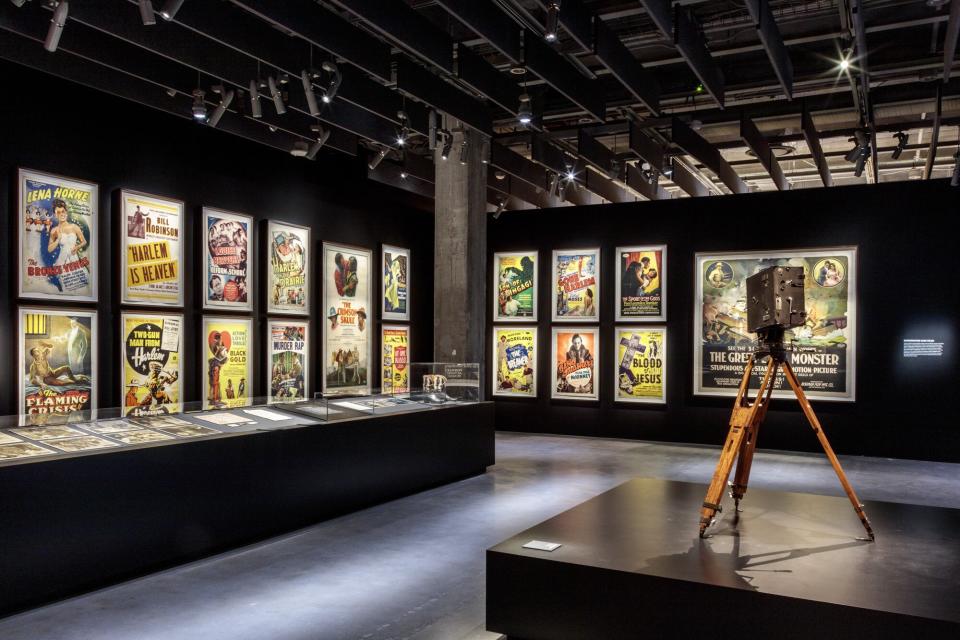Ava DuVernay celebrates 'Regeneration' exhibit at Academy Museum: 'We Black folks have always been present'

Both a celebration and a history lesson detailing the contributions of Black artists to filmmaking since the beginning of the art form, Regeneration: Black Cinema, 1898-1971 is a new exhibit at the Academy Museum (opening August 21). It's also a response to anyone who might say, "But that didn't exist then" as an excuse for exclusion.
"This work had to happen," said director Ava DuVernay kicking off a preview event for the exhibition. "It's overdue, important, crucial work. This exhibition showcases the generations of Black artists on whose shoulders we stand — artists who defied society, who rebelled against norms and notions of who they could and should be. Their very presence on screen and behind the camera was an act of revolution, a cultural, political, and emotional victory that has echoed through generations. A triumph that transformed the way that we as Black people saw ourselves and the way that we were seen."

Al Seib/Academy Museum Foundation
"We Black folks have always been present in American film right from the start," added DuVernay. "Present not as caricature and stereotypes, but as creators and producers and innovators and eager audiences."
"For the first time," she concluded, "we can now see the grand sweep of Black American filmmaking and cinematic artistry in all its richness and daring and all its defiance and exuberance. We should've seen it long before now, but this is the day it begins."

Courtesy of the Academy Museum of Motion Pictures
Running at the Academy Museum through April 9, 2023, the exhibit is organized into seven galleries: the social and political situation of Black Americans at cinema's start; the presence and images of Black people in early cinema; pioneering independent Black filmmakers and the "race films" of the 1910s through the 1940s; Black music in American film ranging from musicals to "soundies"; Black stars and icons from the 1920s through the 1950s; freedom movements in the 1950s and '60s; and a concluding tribute to five Black directors who helped push the art form beyond the 1960s.
The research and curation teams first conceived of this exhibit in 2016, several years before the construction of the museum was completed. After touring the Academy's Margaret Herrick Library collection of "race film" materials, they were inspired to create a show that would break new ground in the re-contextualization of film history, placing Black creators back in the narrative.

Courtesy of the Academy Museum of Motion Pictures
The exhibit opens with two versions of a clip from 1898's Something Good – Negro Kiss, a short film that was re-discovered in the process of curating the exhibit. "We wanted to start with that powerful moment of early Black affection and ground the exhibition in that sense of joy and discovery," assistant curator J. Raúl Guzmán tells EW.
"From our early research phase, we really saw these conversations around representation that were happening at the beginning of cinema," he adds. "So really this exhibition highlights the fact that Black creators and people of color have been part of the history of cinema from the very beginning. They may not be known, but it doesn't mean they didn't have an impact."

Courtesy of the Academy Museum of Motion Pictures
Hopefully, the exhibit, during its several months at the Academy Museum and on the road (it's scheduled for Detroit in 2024), can open audiences' eyes and minds to a history that's long been obscured — and inspire the filmmakers of tomorrow.
"It really is a testament to the tenacity and the need to represent yourself and your community," says Guzmán. "I hope that visitors coming in are able to discover that. And I hope it inspires the younger generation to pick up the camera and keep making films that represent themselves."
Related content:

